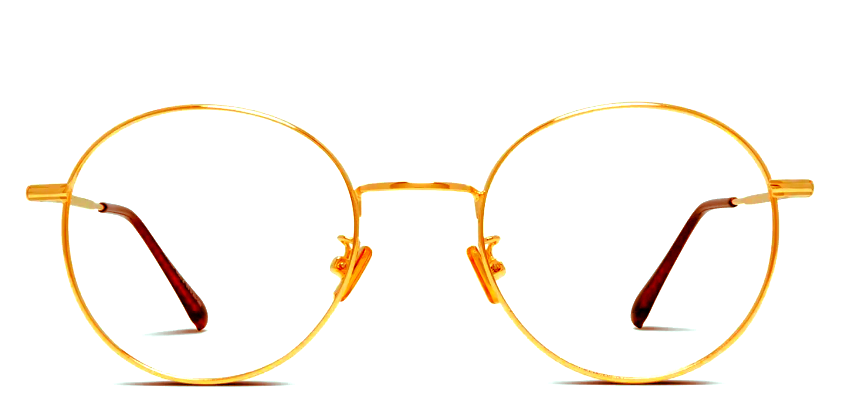December 15, 2022
Antifog Glasses May soon Become Reality Thanks to Ultra-Thin Gold Coating
Since the pandemic began mask wearing has become more commonplace especially during flu season in the colder months. And while wearing a mask may be somewhat uncomfortable for some people, those who wear glasses probably have it tougher than others, considering that their glasses fog up constantly. There may be some tips and tricks out there on how to avoid this but thankfully it looks like there may soon be a more permanent solution. Recently, scientists discovered a special ultrathin gold coating that when applied to glass and other surfaces can prevent fogging. Apparently, the key function of this material is that it turns sunlight into heat and thus it prevents humidity induced condensation. The researchers experimented with the material using vacuum deposition, which is one of the most common processes used to apply thin coats of material. Using vacuum deposition, the scientists are able to apply thin coats of material to any surface molecule by molecule. And while people may think that gold coated glasses may be pricey since very little of the material is required the material costs actually remain rather low. There are various other applications for this special gold material, learn more here.
December 31, 2022
Antimicrobial Coating Technology on Trial at Royal Liverpool University Hospital
Antimicrobial Coating Technology on Trial at Royal Liverpool University Hospital
Newly opened Royal Liverpool University Hospital looks to apply thin antimicrobial coatings to hospital surfaces in an effort to combat health care related infections. Apparently, even if manual cleaning of infected surfaces is frequent and rigorous, the period in between cleanings is when infections are transmitted. Acknowledging this fact, the Liverpool University Hospitals NHS Foundation Trust (LUHFT), the Infection Innovation Consortium (IICON), and vacuum coating solutions firm Gencoa formed an alliance to study and implement this new technology. These types of thin coats are generally applied using vacuum deposition or vacuum coating and often times the coat of material is so thin that it is not noticeable to the naked eye. This new antimicrobial coating technology could be a breakthrough in infection prevention. Learn more here.


